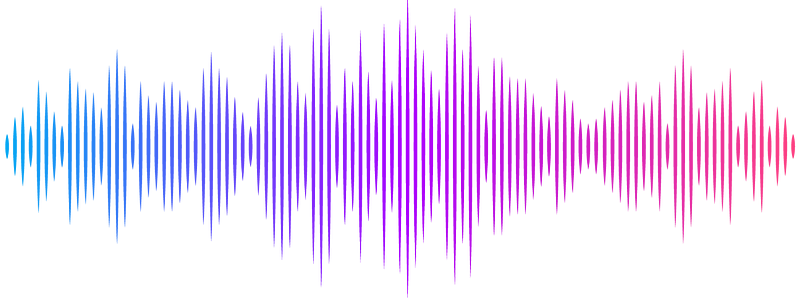Environment-organism feedbacks drive changes in ecological interactions

Environment-organism feedbacks drive changes in ecological interactions
Meacock, O. J.; Mitri, S.
AbstractEcological interactions, the impact of one organism on the growth and death of another, underpin our understanding of the long-term composition and the functional properties of communities. Interactions from classical ecology are typically understood to be fixed values, representing for example the per-capita consumption rate of prey by its predator. Yet in many ecosystems, such fixed descriptions are inadequate: interactions can depend on local environmental conditions, the time at which they are measured, and the sampled position in a spatially-structured community. In this work, we show that each of these three types of context-dependency can arise from feedbacks between organisms and their environment. At the heart of our theory is the \'instantaneous interaction\', a quantity that describes whether a given population changes their surroundings in a way that helps or hinders another in a particular environment. This environmentally-dependent quantity then gives rise to time and spatial dependencies as the environment changes over time and/or space. We use small synthetic microbial communities as model ecosystems to demonstrate the power of this framework by showing how we can predict time-dependent intra-specific interactions, and how we can relate time and spatial dependencies in crossfeeding communities. Our framework helps to explain the ubiquity of interaction context-dependencies in systems where population changes are driven by environmental changes - such as microbial communities - by placing the environment on an equal theoretical footing as the organisms that inhabit it.